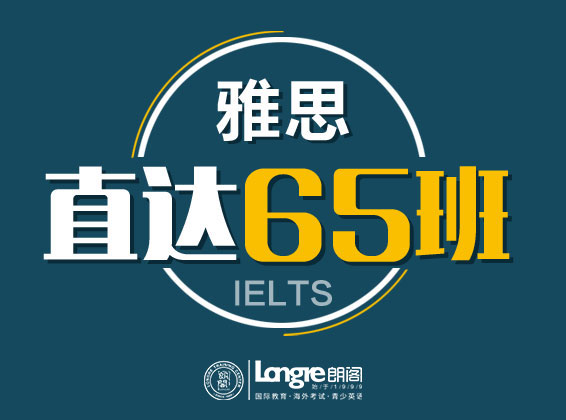|
雅思写作忘词时的3种换词方法 一、换用笼统词 词大体可分为两类:笼统词和具体词。笼统词的特点在于意义广泛、搭配性强。虽然它们独自不能精确表达一个动作,但在构成词组以后可替代很多具体词。写作中遇到一些具体词写不出来的时候,用笼统词取代,能收到异曲同工之妙。 常用的笼统词有 have,take等。 例:迈克经历了一个极其艰苦的时代。M ike experienced a terrible hard time.写作时,若忘记了experience可用笼统词have代替,写成M ike had a terrible hard time.同样能收到预期效果。 再看几例:Are you married?= Do you have a wife /husband? Do you understand my meaning?=Do you take my meaning? She will subscribe(订阅)to Chi- na Today.=She will take China To- day. 二、换用同义词、反义词 遇到未曾学过的词或一时想不起的词时,可采用发散性思维,发挥想象力,尽可能想出与之有关的同义词、反义词,利用语言的内在联系、多层次、多角度地运用语言,使单词受阻现象得以解决。 例:昨晚李雷做了一场恶梦。 Li Lei had a nightmare last night.因nightmare使用率不高,不易记住。但其同义词bad dream易记。上句可换译为:Li Lei had a bad dream last night. 再如:The food is tasty.=The food is nice toeat.=The food is delicious. We discontinued the work at nine.=We stopped the work at nine. This woman is talkative.=This woman is never quiet. This car is expensive.=This car is not cheap. 三、换用迂回表达 当一个词或某些信息表达起来有困难时,要充分利用语言本身词汇丰富、句型多变等特点,进行迂回表达。因为任何一种表达形式,只要能达意便可接受。请仔细观察划线部分词语,看看是如何迂回表达的。 (责任编辑:admin) |







